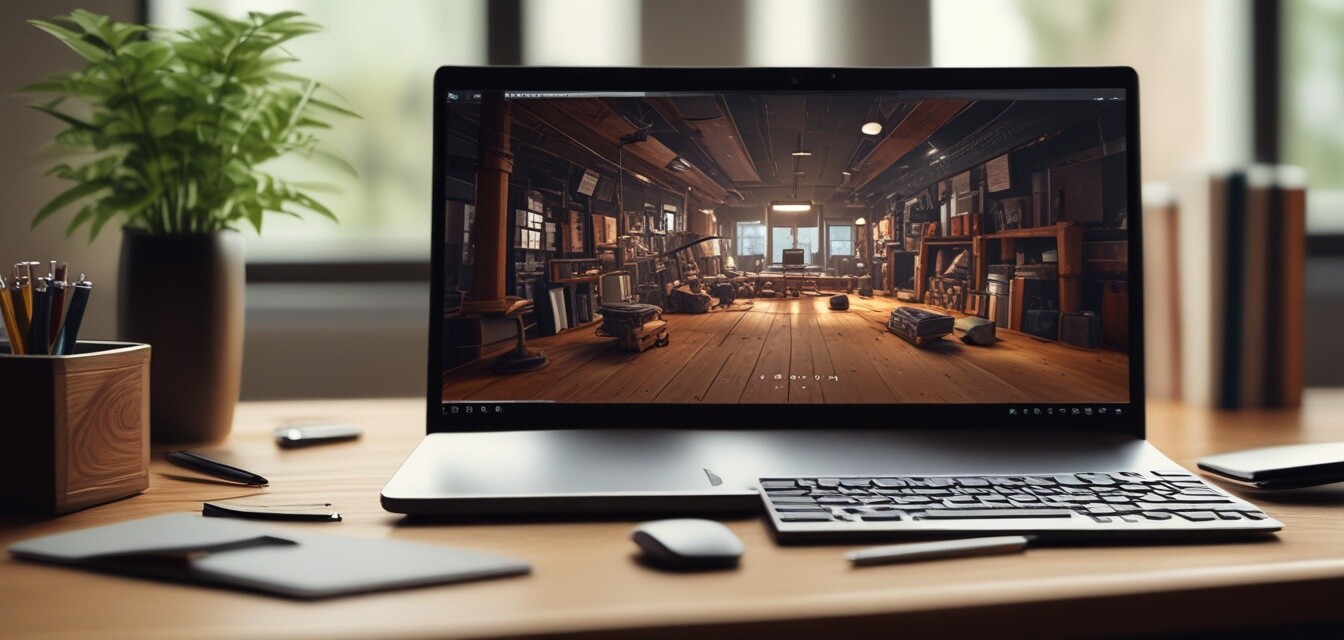
Best ways to maintain your laptop’s performance
- Regular software updates are crucial for security and performance.
- Keep your laptop clean, both physically and digitally.
- Monitor battery health and power settings to extend battery life.
- Utilize system tools to manage storage and memory effectively.
- Consider periodic hardware upgrades for optimal performance.
Maintaining your laptop's performance is essential for smooth operation and longer life. Regular upkeep can vastly improve your device's speed, efficiency, and reliability. In this article, we will explore practical tips for routinely maintaining your laptop, ensuring it stays in top-notch condition.
Importance of routine maintenance
Just like any other machine, laptops require regular maintenance to perform at their best. Neglecting care can lead to slow performance, reduced battery life, and even hardware failure. Understanding how to maintain your laptop not only boosts productivity but also prolongs its lifespan.
Practical maintenance tips
1. Keep your software up to date
Software updates are critical for the security and performance of your laptop. Ensure that your operating system and all installed applications are regularly updated. This helps protect against vulnerabilities and ensure that you benefit from the latest features.
2. Clean your laptop regularly
Physical cleanliness is just as important as digital maintenance. Dust and crumbs can accumulate, affecting the laptop’s cooling system. Use compressed air to blow out the vents and a soft cloth to wipe down the screen and keyboard.
3. Manage your storage
A cluttered hard drive can slow down your laptop's performance. Here are steps to manage your storage effectively:
| Storage Management Tip | Description |
|---|---|
| Uninstall unnecessary programs | Remove software that you no longer use to free up space. |
| Use disk cleanup tools | Utilize built-in tools to delete temporary files and system caches. |
| Store files in the cloud | Save data to cloud storage to prevent local clutter. |
4. Monitor battery health
Battery longevity is crucial for maintaining performance. Here are some tips for proper battery management:
Battery Care Tips
- Avoid extreme temperatures when using or charging your laptop.
- Don’t let your battery drop to 0% frequently.
- Use power-saving modes when the battery is low.
5. Upgrade your hardware when needed
If your laptop is running slow despite maintenance, consider hardware upgrades. Adding more RAM or swapping in an SSD can provide significant boosts in performance. For more information on upgrades, check out our Buying Guides.
Troubleshooting common issues
If you notice performance plunges, it’s wise to troubleshoot. Here are some common issues and solutions:
| Issue | Solution |
|---|---|
| Slow boot times | Disable unnecessary startup programs through Task Manager. |
| Frequent crashes | Check for malware with your antivirus software and remove unwanted applications. |
| Overheating | Ensure vents are clear and consider using a cooling pad. |
Key software recommendations
Your laptop can benefit from specific software designed to enhance performance. Here are some categories of software you should consider:
- Antivirus software to protect against malware.
- Performance optimization tools to monitor and manage resources.
- File cleanup applications to organize and delete unnecessary files.
Conclusion
By implementing these maintenance tips, you can ensure that your laptop remains efficient and functional for years to come. Regular updates, cleaning, efficient storage management, and monitoring battery health all play critical roles in maintaining performance. For more expert insights and tips on optimizing your PC, explore our Expert Tips section.
Pros
- Improves laptop performance.
- Extends the lifespan of the device.
- Enhances data security.
Cons
- Requires time and effort.
- Can be technical for some users.